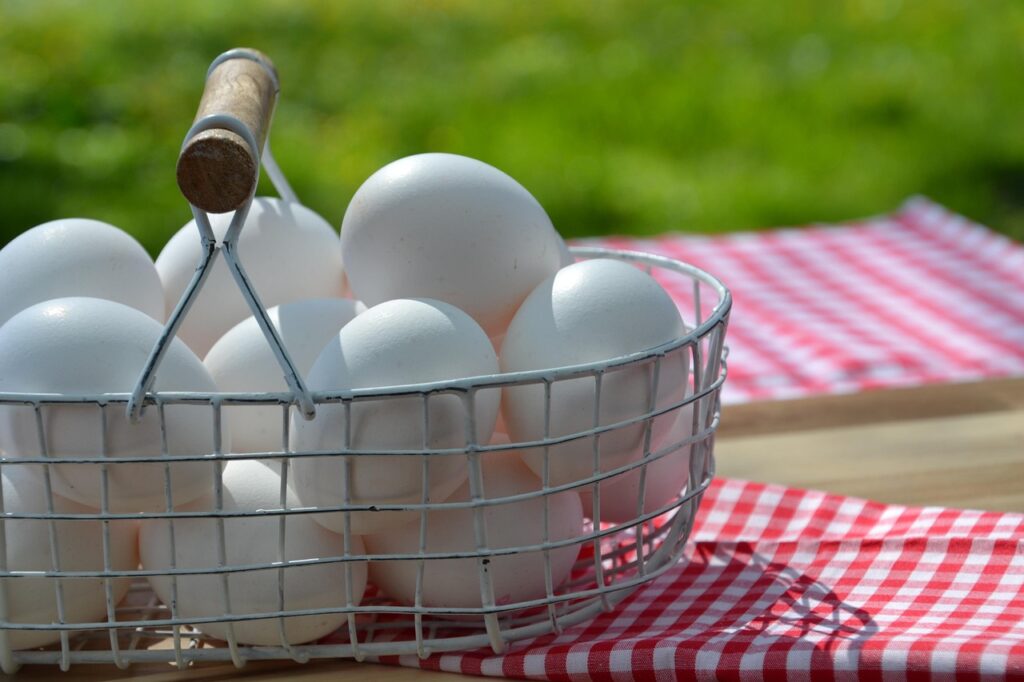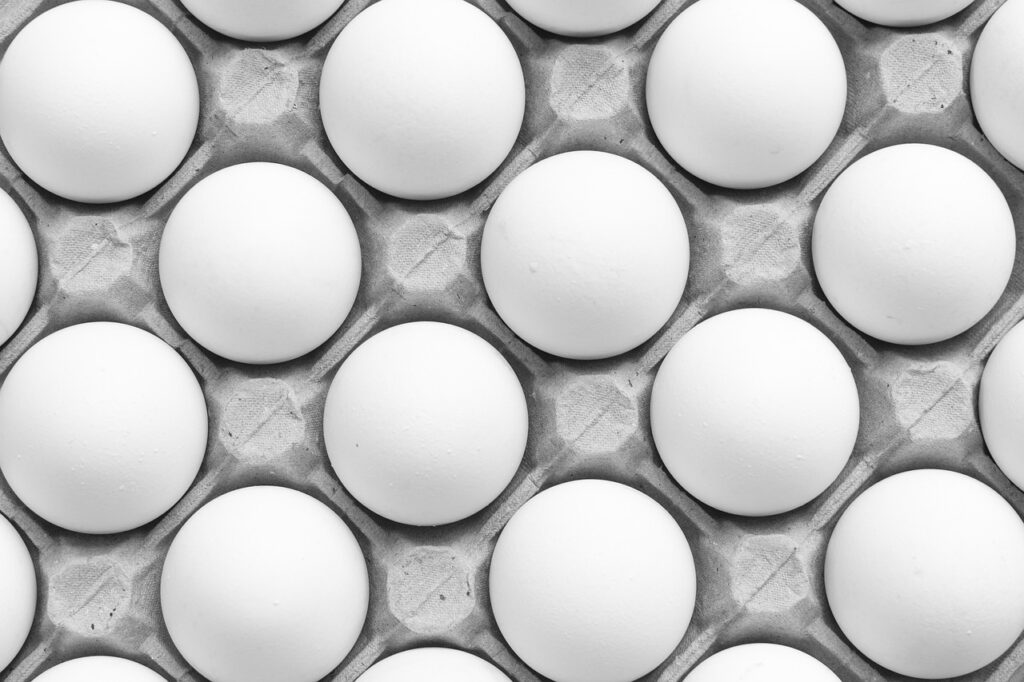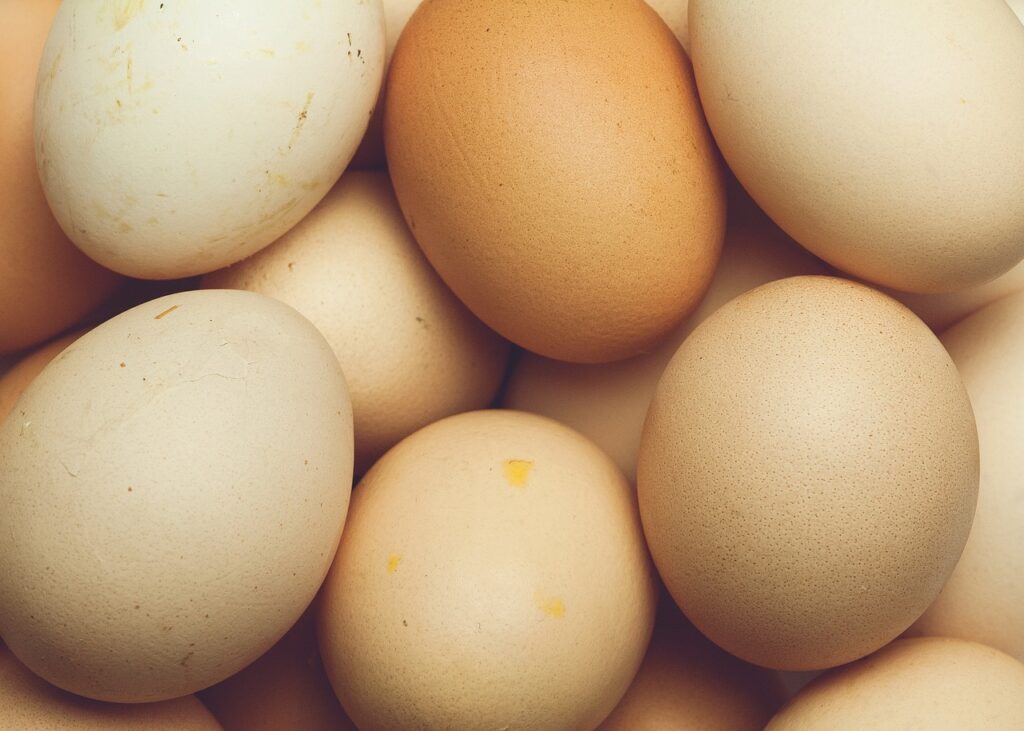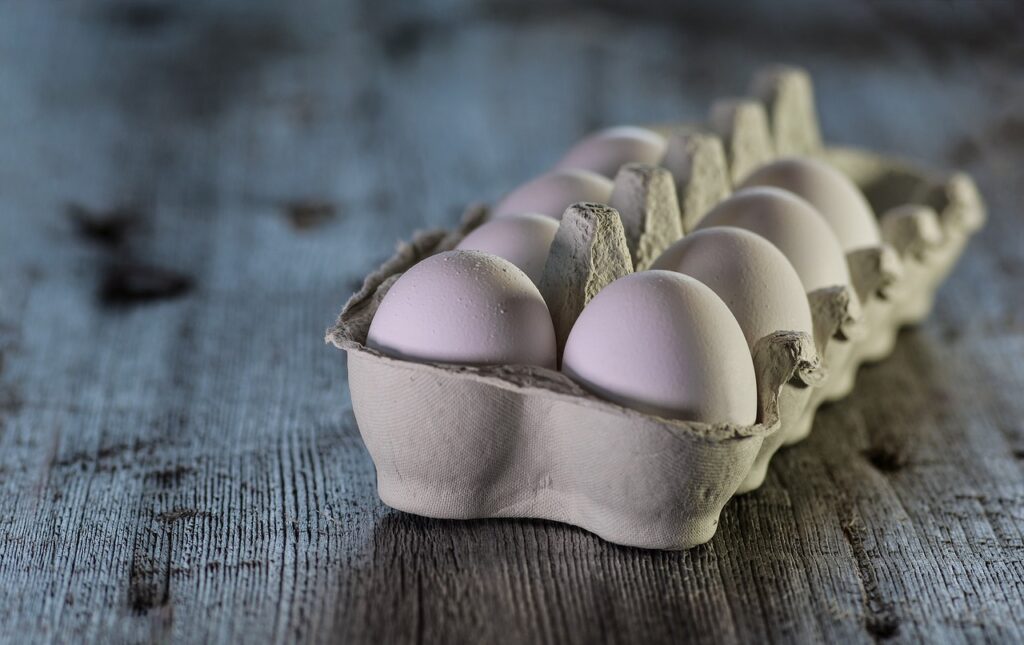Introduction: Understanding Washed Eggs
Eggs are a staple in most kitchens—but how you handle them can make or break their freshness and safety. One key factor? Whether they’re washed. In the U.S., most commercially sold eggs are washed before reaching the shelves, while other countries like those in Europe often sell unwashed eggs. Understanding how this process affects shelf life is crucial for consumers, chefs, and homesteaders alike.
In this guide, we’ll answer the question: How long are washed eggs good for? We’ll also explore how washing affects egg safety, storage strategies, and ways to extend freshness.

What Happens When Eggs Are Washed?
Natural Bloom Removal Explained
Eggs are laid with a protective coating called the “bloom” or cuticle, which seals pores on the shell and blocks bacteria from entering. Washing an egg—especially with water—removes this natural barrier. Once the bloom is gone, eggs are more vulnerable to contaminants and temperature changes.
Washing Regulations in the U.S. vs. Europe
In the U.S., the USDA mandates that commercial eggs must be washed and sanitized before sale. This process is believed to reduce contamination from pathogens like Salmonella. In contrast, European countries ban egg washing, prioritizing the preservation of the natural bloom and promoting strict coop hygiene instead.
This distinction leads to different handling expectations: Washed eggs in the U.S. must be refrigerated, while unwashed eggs in Europe can safely sit at room temperature for a limited time.
How Long Do Washed Eggs Last in the Fridge?
USDA Guidelines for Refrigeration
According to the USDA, washed and refrigerated eggs can last up to 3 to 5 weeks past the pack date if stored at 40°F (4°C) or lower. However, freshness gradually diminishes with time, even under ideal conditions.
Storage Timeline Breakdown
| Storage Condition | Shelf Life of Washed Eggs |
| Room Temperature (Not Recommended) | Less than 2 hours |
| Refrigerator (≤ 40°F / 4°C) | 3–5 weeks |
| Hard-Boiled, Refrigerated | Up to 7 days |
| Washed & Frozen (Whites or Yolks) | Up to 1 year |
Maintaining a consistent cold chain is critical. Fluctuations in temperature—like leaving eggs out for more than 2 hours—can significantly shorten shelf life.
Can You Store Washed Eggs at Room Temperature?
Room Temp Risks Explained
Washed eggs should never be left unrefrigerated for more than 2 hours, especially in warm climates. Once the bloom is removed, bacteria like Salmonella enteritidis can infiltrate the porous shell.
Why Cold Storage Is Ideal Post-Washing
Cold storage slows bacterial growth dramatically. By keeping washed eggs in the refrigerator, you reduce the risk of spoilage and foodborne illness, while also preserving quality traits like albumen firmness and yolk integrity.

Best Containers for Storing Washed Eggs
Airtight vs. Open Storage
While egg cartons are designed for airflow and impact protection, airtight containers can also work—especially if odor absorption or moisture control is a concern. However, eggs stored in sealed containers may sweat when removed from the fridge, which can encourage bacterial growth on the shell.
Plastic, Glass, or Carton: What Works Best?
- Cardboard Cartons: Best for moisture control, but can absorb odors.
- Plastic Egg Bins: Stackable and reusable, but may promote sweating.
- Glass Containers: Non-reactive and odor-resistant, but fragile.
Pro Tip: Always store eggs with the pointy end down. This helps center the yolk and maintain quality.
Signs That Washed Eggs Have Gone Bad
Smell, Texture, and Float Test
The sniff test is your first line of defense. A rotten egg emits a sulfuric, unmistakable odor. You can also perform the float test: place the egg in water.
- Sinks flat: Very fresh
- Stands upright: Still safe, but aging
- Floats: Likely bad—discard it
Visual Mold or Cracks
If you notice mold spots, oozing, or cracks, toss the egg. Bacteria can enter through damaged shells, even when refrigerated.
Proper Washing Techniques for Fresh Eggs
Hot Water vs. Cold Water Debate
Experts recommend using water that’s warmer than the egg itself (typically 100–120°F) to avoid drawing bacteria into the egg via vacuum pressure. Cold water can cause contraction inside the egg, potentially pulling contaminants inward.
Use of Detergents or Sanitizers
Only food-safe, approved detergents should be used—never bleach or household soaps. Sanitizing rinses should be followed by thorough drying before storage.
How to Extend the Shelf Life of Washed Eggs
Cold Chain Maintenance
From the farm to the fridge, consistent refrigeration is key. Avoid leaving washed eggs out for extended periods, especially during grocery transport or breakfast prep.
Labeling and FIFO Practice
Mark cartons with the collection or purchase date, and follow the FIFO rule: First In, First Out. Rotate stock so older eggs get used first, minimizing waste and risk.
Comparing Washed vs. Unwashed Eggs
Shelf Life Differences
| Egg Type | Storage Method | Shelf Life |
| Washed | Refrigerated | 3–5 weeks |
| Unwashed | Room Temp | 2–3 weeks |
| Unwashed | Refrigerated | 3 months+ |
Nutritional Integrity
Washing doesn’t affect nutritional content, but prolonged storage—especially at improper temperatures—can degrade protein quality and vitamin retention over time.
Egg Safety Guidelines from Experts
FDA, USDA, and CDC Recommendations
All major U.S. food safety authorities advise refrigerating washed eggs at or below 40°F. They also recommend cooking eggs until both the yolk and white are firm, especially for vulnerable groups (elderly, pregnant, immunocompromised).
Farm-to-Fridge Safety Practices
If sourcing eggs from a backyard flock or local farm, ensure eggs are collected promptly, washed with care, and chilled without delay.

Image by Murat Duman from Pixabay
Common Myths About Washed Egg Storage
Myth: Washing Always Makes Eggs Safer
Fact: Over-washing or improper washing can actually introduce contamination. The goal is to wash gently and store quickly—don’t assume “clean” means risk-free.
Myth: Room Temp Is Fine for All Eggs
Fact: This only applies to unwashed eggs with their bloom intact. Once washed, refrigeration becomes non-negotiable.
FAQs
Do washed eggs spoil faster than unwashed?
Yes. Washing removes the bloom that naturally protects the egg, making it more susceptible to bacteria and shortening shelf life without refrigeration.
Can I wash farm eggs before storing them?
Yes, but only right before refrigeration or cooking. If you plan to store at room temperature, it’s best to leave them unwashed to preserve the bloom.
Should I rewash store-bought eggs?
No. They’re already sanitized per USDA standards. Rewashing could increase risk by introducing contaminants.
How can I tell if my washed eggs are still good?
Use the float test and smell check. If the egg floats or smells sulfuric, it’s spoiled.
Can you freeze washed eggs?
Yes—crack them into a container, beat gently, and freeze. They last up to one year. Do not freeze in the shell.
How long do boiled washed eggs last?
Hard-boiled eggs, once refrigerated, last about 7 days. Keep them in the shell for maximum freshness.

Conclusion: Smart Storage = Longer Egg Life
Washed eggs are convenient, clean, and safe—but only if handled properly. Their shelf life hinges on consistent refrigeration and smart practices like using dated containers and avoiding unnecessary washing.
Whether you’re running a homestead, managing a kitchen, or shopping smart, now you know: washed eggs can last 3–5 weeks when refrigerated, but just hours if left out. Choose wisely, store smartly, and enjoy fresh eggs with confidence.
